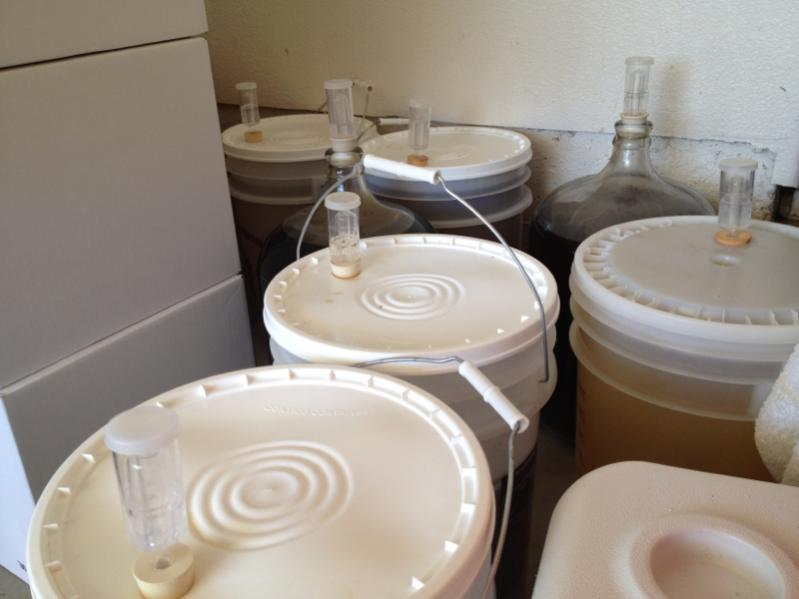I'm honestly not entirely sure. I thought I was babying the yeast quite a bit. The first batch was a high gravity but the US-05 put a huge dent in it. That brought the gravity way down for the 099 and then I fed it small doses of the ridiculous gravity wort... So... basically feeding it pure sugar.
I was always pretty confident it was not a fermentable issue and the beano addition, and subsequent inactivity, I think backs that up.
I pitched huge, healthy slugs of yeast...
I am honestly not sure why the yeast, especially the turbo yeast, crapped out at such a low ABV (about 17%). It should have gone a lot higher than that. And now that i have brought the ABV down through dilution, it seems to be moving again.
So... I'm not sure what the real issue was or how to fix it.
I was always pretty confident it was not a fermentable issue and the beano addition, and subsequent inactivity, I think backs that up.
I pitched huge, healthy slugs of yeast...
I am honestly not sure why the yeast, especially the turbo yeast, crapped out at such a low ABV (about 17%). It should have gone a lot higher than that. And now that i have brought the ABV down through dilution, it seems to be moving again.
So... I'm not sure what the real issue was or how to fix it.




